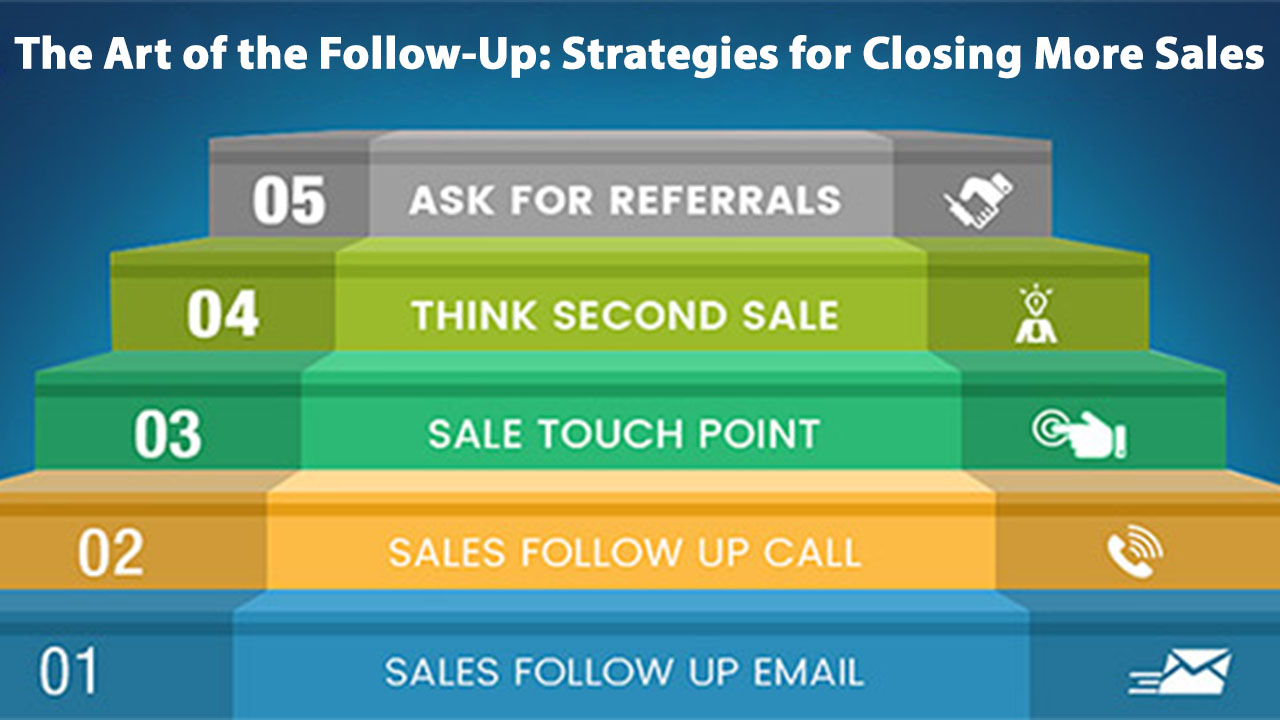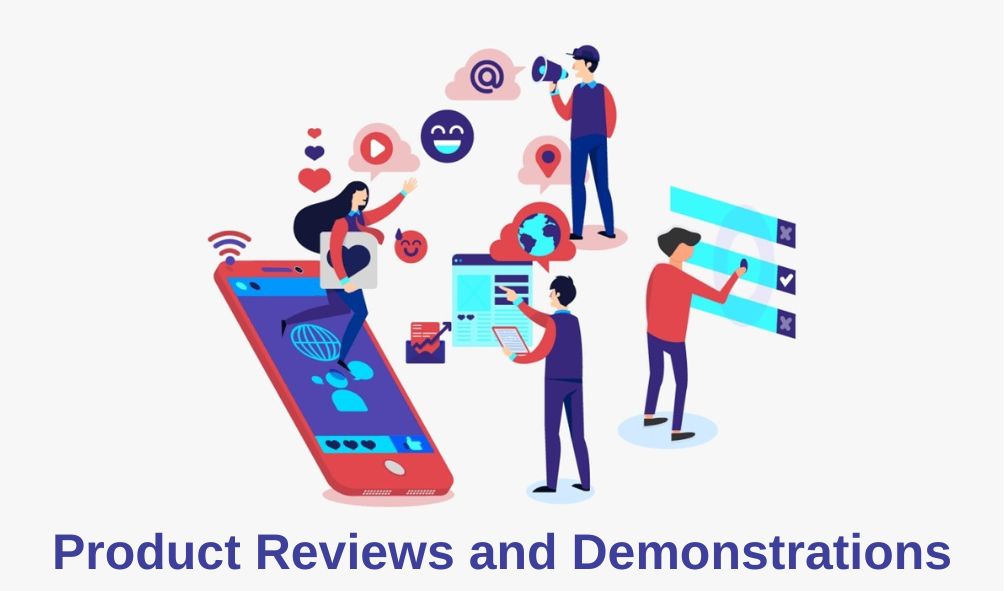Leveraging AI and Machine Learning in MLM

Leveraging AI and Machine Learning in MLM
1. Lead Generation and Prospecting
AI-Powered Tools
- Behavioral Analysis: AI tools analyze user behavior across digital platforms, including social media and search engines. By tracking interactions such as website visits, content engagement, and social media activity, these tools can identify potential leads who have shown interest in MLM opportunities or related topics.
- Data Aggregation: AI can aggregate data from various sources, including social media profiles and online forums, to generate a comprehensive profile of potential recruits. This data helps in identifying individuals who fit the target demographic for MLM.
Predictive Analytics
- Lead Scoring: Machine learning models assign scores to leads based on their likelihood to convert. Factors such as engagement level, previous interactions, and demographic information are used to predict which leads are most promising.
- Conversion Prediction: AI algorithms predict the probability of a lead converting into an active distributor or customer by analyzing historical data and identifying patterns associated with successful conversions.
2. Personalized Marketing
Customer Segmentation
- Dynamic Segmentation: AI can segment customers into various categories based on their behaviors, preferences, and purchase history. This dynamic segmentation allows MLM businesses to target different customer groups with tailored marketing messages.
- Behavioral Segmentation: AI analyzes customer behavior to create segments such as frequent buyers, occasional buyers, and potential recruits, enabling more effective marketing strategies.
Personalized Content
- Recommendation Engines: Machine learning algorithms suggest products or opportunities to customers based on their past purchases and browsing history. Personalized recommendations increase the likelihood of engagement and conversion.
- Tailored Messaging: AI can generate customized email content and advertisements that resonate with individual recipients based on their preferences and behavior.
3. Automated Communication
Chatbots
- 24/7 Support: AI-powered chatbots provide round-the-clock support, answering questions about products, the MLM opportunity, and the onboarding process. This ensures potential recruits receive timely information.
- Lead Qualification: Chatbots can qualify leads by asking pre-determined questions and assessing their interest level before passing them on to human recruiters.
Follow-Up Automation
- Automated Sequences: AI can create automated follow-up sequences that send personalized messages or reminders to prospects and leads based on their engagement and stage in the recruitment funnel.
- Re-engagement Campaigns: Machine learning models identify inactive leads and trigger re-engagement campaigns to revive their interest.
4. Performance Tracking and Optimization
Sales Performance Analysis
- Real-Time Analytics: AI provides real-time analytics on sales performance, including metrics such as conversion rates, average deal size, and sales cycle length. These insights help in optimizing sales strategies.
- Trend Identification: Machine learning identifies trends and patterns in sales data, such as peak sales periods and effective sales tactics.
Goal Setting and Achievement
- Performance Forecasting: AI tools forecast future sales and performance based on historical data and current trends. Distributors can use these forecasts to set realistic goals.
- Performance Insights: AI provides actionable insights into individual and team performance, helping distributors adjust their strategies to meet targets.
5. Training and Development
AI-Driven Training Programs
- Personalized Learning Paths: AI creates personalized training programs for distributors based on their skills, performance, and learning preferences. This ensures that training is relevant and effective.
- Adaptive Learning: Machine learning algorithms adapt training materials and methods in real-time based on the distributor’s progress and performance.
Virtual Coaches
- Real-Time Feedback: AI-powered virtual coaches provide instant feedback and suggestions to distributors during training or sales activities. This helps them improve their skills and strategies.
- Skill Assessment: AI evaluates distributor performance and identifies areas where additional training or support is needed.
6. Fraud Detection and Compliance
Risk Management
- Anomaly Detection: Machine learning models detect unusual patterns in transactions or recruitment activities that may indicate fraudulent behavior. These models can flag suspicious activities for further investigation.
- Pattern Recognition: AI identifies patterns associated with fraudulent behavior, such as irregular recruitment practices or financial transactions.
Compliance Monitoring
- Regulation Adherence: AI continuously monitors distributor activities to ensure compliance with company policies and legal regulations. This includes tracking adherence to advertising guidelines and compensation structures.
- Automated Audits: AI performs automated audits of distributor activities and transactions to ensure compliance and identify potential issues.
7. Customer Relationship Management (CRM)
AI-Enhanced CRM
- Predictive Insights: AI analyzes customer data to predict future behaviors and preferences, allowing MLM businesses to proactively address customer needs and enhance relationships.
- Automated Interactions: AI tools automate routine CRM tasks, such as scheduling follow-ups and sending reminders, freeing up time for distributors to focus on building relationships.
Retention Strategies
- Churn Prediction: Machine learning models predict which customers are at risk of churning and suggest retention strategies to prevent it.
- Loyalty Programs: AI analyzes customer engagement to design personalized loyalty programs and incentives that increase retention and satisfaction.
8. Optimizing Compensation Plans
Compensation Analysis
- Plan Effectiveness: AI evaluates the effectiveness of different compensation plans by analyzing distributor performance and compensation data. This helps in identifying which plans drive the best results.
- Simulation Models: Machine learning simulates the impact of different compensation structures on distributor motivation and performance, aiding in the design of optimal plans.
Predictive Earnings
- Earnings Forecasting: AI tools predict future earnings for distributors based on current performance, helping them plan their activities and set financial goals.
- Performance Insights: Machine learning provides insights into factors influencing earnings, such as recruitment rates and sales volume.
9. Market Trend Analysis
Trend Prediction
- Market Analysis: AI analyzes market trends and consumer behavior to predict future shifts. This helps MLM businesses stay ahead of the competition and adapt their strategies accordingly.
- Product Trends: Machine learning identifies emerging product trends and customer preferences, guiding product development and marketing strategies.
Product Development
- Demand Forecasting: AI forecasts demand for new products based on market trends and consumer data, helping MLM businesses make informed decisions about product launches.
- Feature Optimization: Machine learning analyzes customer feedback to identify desirable features and improvements for existing products.
10. Enhancing Distributor Engagement
Gamification
- Motivational Strategies: AI integrates gaming elements, such as challenges and rewards, into the MLM process to motivate distributors and increase engagement.
- Progress Tracking: Machine learning tracks distributor progress in gamified activities and provides personalized feedback and incentives.
Behavioral Insights
- Engagement Analysis: AI analyzes distributor behavior and engagement levels to identify those who may be losing interest. It suggests strategies to re-engage them and maintain motivation.
- Personalized Interventions: Machine learning provides insights into individual distributor needs and preferences, allowing for targeted interventions to boost engagement.







.png)
.png)